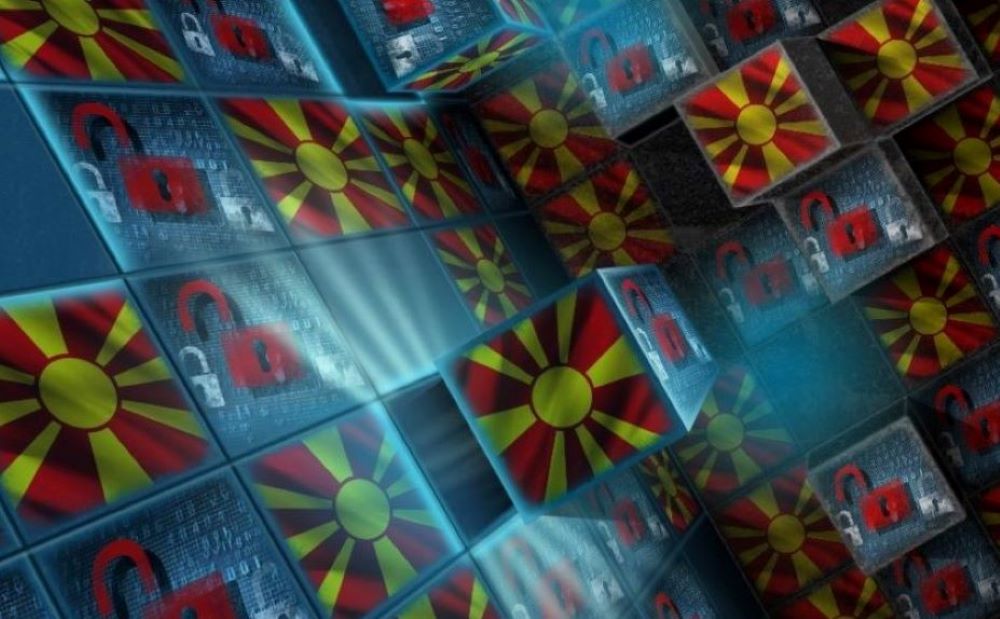What can help achieve a resilient cyber society is designing a framework that incorporates a set of features that will help leaders, governing bodies and officials understand what cyber resilience is and how it can be achieved.

Dr. Mitko Bogdanoski
The global pandemic has only shown the justification for the investment of large IT corporations and leader in the constant development of new technological solutions. These solutions facilitated the smooth functioning of all sectors and segments of society, which almost did not stop working normally. But, as assumed from the very beginning, the new way of functioning of the society faced new challenges. Many sectors that have partially or completely reoriented themselves to remote work, which was based on the use of various IT solutions, have faced functionality problems that are sometimes caused by malfunctions of equipment and platforms used for remote work, but very often the reason for this are the attacks on the systems and networks that are realized by the malicious users for various motives.
With the process of technologically supported globalization, digitalization and the creation of a “smart” society as a result of new technological solutions and through the billions of “things” that are and will be connected to the Internet, society on a global level, and certainly in the Western Balkans, will be faced with even greater challenges. For this reason, cyber security leaders are becoming more than aware that cyber security based solely on increasing confidentiality and integrity through the use of technically-based security mechanisms and solutions is insufficient to deal with increasingly sophisticated attacks, and that increasing the elasticity (the resilience) of society to such attacks is the real answer to these threats.
The resilience of cyber threats offers much more than security, it offers operational and business continuity that will be based on measures previously taken by relevant factors and minimal engagement and influence by the victim. It can be ensured through timely detection and removal of vulnerabilities in systems and networks, exchange of information vertically and horizontally, building partnerships and a high level of trust, different types of education at all levels and with all, and adoption of security culture and cyber hygiene since early childhood.
In general, this is something that is known to everyone, including the countries of the Western Balkans. And not only are they familiar with these solutions, they are also part of their National Cyber Security Strategies. The main problem with this region, and beyond, is that the authorities often do not understand that the listed solutions for ensuring cyber security and cyber resilient society and institutions will be fully functional when the proper implementation of the action plan activities is ensured, but even more so when continuity in the implementation of the protection mechanisms is ensured. And, as with any other strategy, so in the segment of cyberspace security, the countries of the Western Balkans fail in the implementation of strategic goals and continuity in the implementation of the perceived solutions.
However, we must be fair and say that we should not always associate the weak implementation of the strategies with the weak commitment of the competent authorities. Namely, there is a real problem in the specific situation: at the moment, there is no defined framework, model of maturity and a way to measure cyber resilience. And if something cannot be measured, the level of implementation cannot be estimated.
What can help achieve a resilient cyber society is designing a framework that incorporates a set of features that will help leaders, governing bodies and officials understand what cyber resilience is and how it can be achieved. This framework would describe the approach and attitude towards providing cyber resilience. It would provide an opportunity to respond proactively to threats and respond quickly in the event of a cyberspace breach, and proactivity is a key approach in building a resilient cyber society. Only those who look ahead and act proactively will be better positioned not only to survive but also to thrive – regardless of the challenge they face in the future.
Mitko Bogdanoski, PhD, Dean of the Military Academy “General Mihailo Apostolski”



Leave A Comment